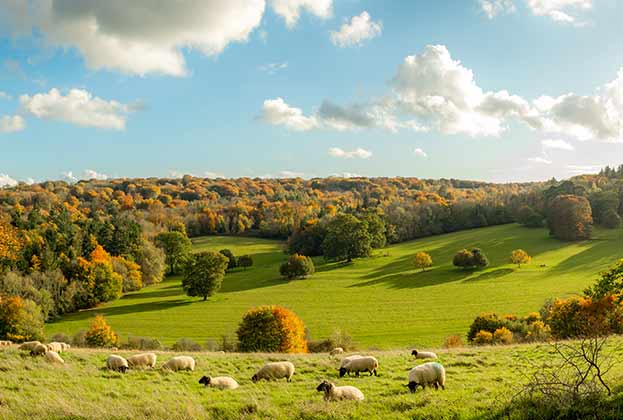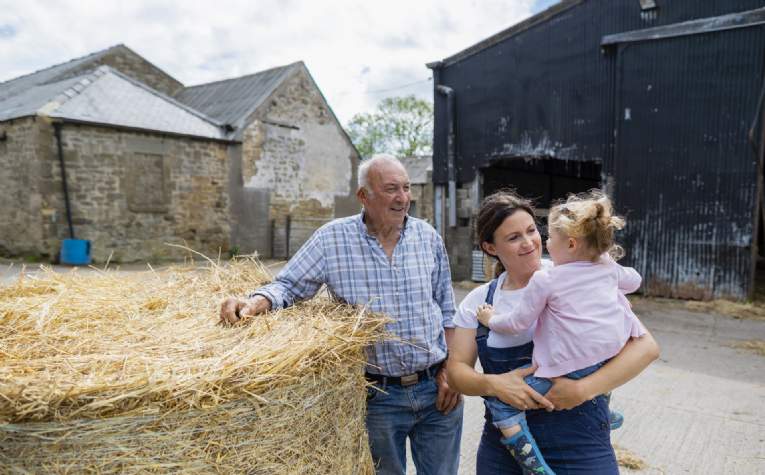We all know that vegetables are good for us. But even though our horticulture sector produces food which is healthy and often low in carbon emissions, it benefits least from farming subsidies.
Thirty years ago, 83 per cent of the vegetables we ate in the UK were grown here. Now it is only 58 per cent, partly because we eat more exotic vegetables. But if we increased consumption in line with dietary guidance, the UK would have the chance to grow 1.5 million metric tonnes more vegetables a year.
With this in mind and Christmas just around the corner, what better opportunity to celebrate a traditionally festive vegetable which has always divided the nation: the humble brussel sprout.
This tiny vegetable won its name after becoming popular in the Belgian capital in the 16th century. Here are 10 more facts you might not know about the item as prevalent on our Christmas dinner tables as turkey, cranberry sauce and roast potatoes.
1. Sprouts are a member of the Brassica family, along with broccoli, cabbage and kale. An 80g serving contains four times more Vitamin C than one orange.
2. The sprout industry is thought to be worth around £650million.The UK produces 82,000 tonnes of brussel sprouts annually – enough to cover the City of London. The area of sprouts grown is equivalent to 3,240 football pitches.
3. Sprouts are most commonly grown in glasshouses in peat blocks before being transferred to the field. Alternatively, the seeds can be drilled straight into the field.
4. In the weeks leading up to Christmas, 10 times as many harvesters are used than during the rest of the year, working from dawn until dusk to ensure those little green balls have a place on our Christmas dinner plates.
5. Some producers use a brussel sprout ‘sorter’ in which three cameras take six pictures of each sprout, with a jet compressor removing any aesthetically unpleasing ones.
6. Sprouts were historically thought of as a Christmas vegetable due to their requirement to grow at cooler temperatures, but modern growing techniques have meant they are now around for much longer periods. Crops are usually planted in April and harvested between October and March, with fresh sprouts delivered to supermarkets daily.
7. A technique known as single harvesting may take place where stems are cut by hand before being fed through a mechanical stripper which allows the leaves and stems to fall back into the soil, supplying nutrients for the next crop.
8. Sprouts don’t have an easy ride to our plates. There are more than 40 pests and diseases trying to kill them off during the growth process.
9. The bad smell associated with sprouts is result of overcooking. Sprouts have high levels of sulforaphane and should therefore only be cooked for around four to six minutes.
10. And for those who don’t eat their greens, perhaps the most nerve-wracking fact of all is that the heaviest sprout ever grown was in 1992, weighing a whopping 8.3kg.
It's worth bearing in mind that horticulture is the most labour-intensive agricultural sector in the UK, employing one person for every 10 acres. So whether we enjoy a good helping of Christmas sprouts or push them delicately to the side of the plate, these 'Marmite' vegetables are an important part of our economy and should be celebrated.
Further information
View available properties for sale
.jpg)
.jpg)
.jpg)
.jpg)
.jpg)

.jpg)


.jpg)
.jpg)